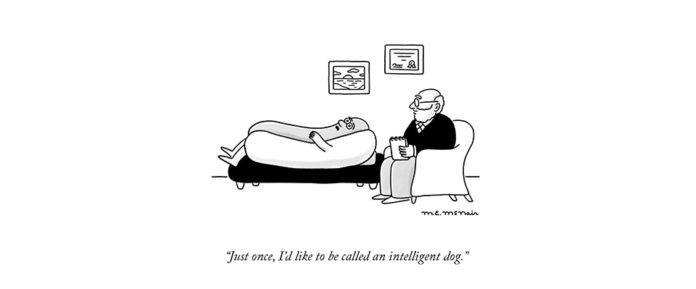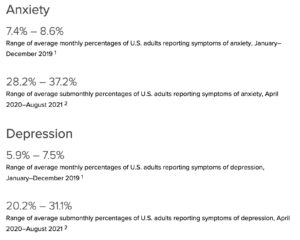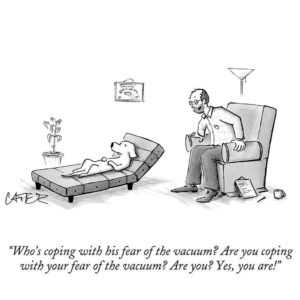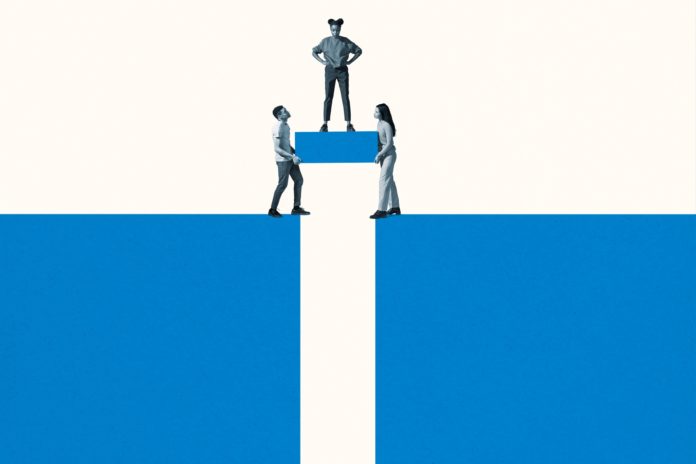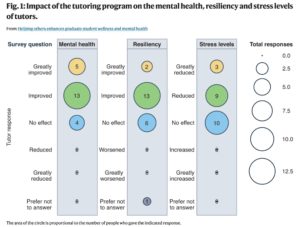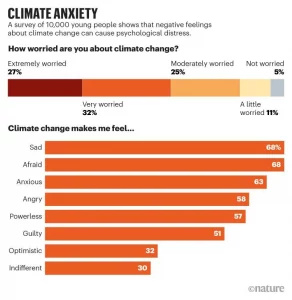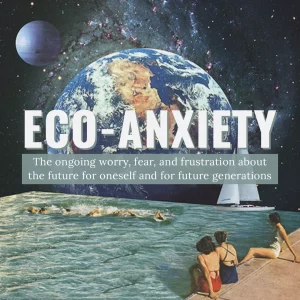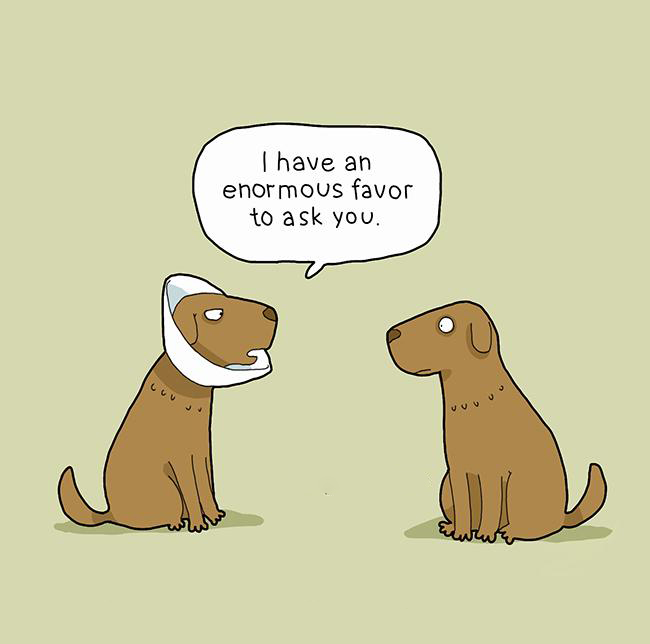“My depression had grown on me as that vine had conquered the oak; a sucking thing that had wrapped itself around me, ugly and more alive than I,” describes best-selling author and psychologist Andrew Solomon in the Noonday Demon. Depression takes a serious and heartbreaking toll on people’s lives. In addition to being a risk factor for cognitive decline, disability, and mortality, depression robs people of the joy in their lives and depletes their vitality.
Cognitive Behavioral Therapy (CBT) is one of the most effective treatments we have in the arsenal to manage depression. There is even evidence that CBT may prevent depression by inoculating individuals against tendencies that increase mental distress.
CBT is based on the idea that our thought patterns and deeply held beliefs about ourselves and the world around us shape our experiences and behavior. According to the theory underlying CBT, when we distort meaning, make erroneous interpretations, and engage in illogical reasoning, we are putting ourselves on a potential on-ramp to depression. CBT shows us an exit by disrupting self-defeating behaviors and beliefs. If it were up to me, I would incorporate CBT into every high school and college curriculum.
A key component of classic CBT is learning how to identify and fight automatic negative thoughts. Automatic negative thoughts are those knee-jerk responses we have wherever something annoying or even ambiguous occurs. For instance, imagine your flight is canceled or traffic is bumper to bumper or your friend doesn’t respond to a text you sent 6 hours ago. How do you respond? Many of us interpret these situations using what psychologists call “cognitive distortions” — unhelpful unrealistic, and maladaptive thinking patterns.
Here are some classic examples of cognitive distortions in response to adverse or ambiguous events:
Cognitive distortions have consequences. If you believe things never work out for you, you might stop trying. If you believe someone dislikes you, you might avoid them in the future. If you believe something terrible has happened, you might go into full panic mode.
Operating on false assumptions can send us down a rabbit hole of unnecessary and exhausting negative emotions and behaviors. Moreover, habitually engaging in these counter-productive thinking patterns puts us at risk of developing more serious mental health issues. Learning how to catch yourself engaging in cognitive distortions can disrupt patterns of negative thinking and their consequences.
Here are 7 common cognitive distortions to look out for:
1. All or Nothing Thinking
Believing that things are either good or bad. There are no shades of gray. Complexity and nuance are ignored and overlooked.
Classic example: “I’m either succeeding or I’m failing. There is no in between.”
2. Fortune Telling
Based on little or no experience, believing one knows what will happen next.
Classic example: “My boss wants to meet with me on Friday. I know I am getting fired.”
3. Mental Filtering
Discounting anything positive that might have happened and only focusing on the negative.
Classic example: “That experience was a complete and utter waste of time.”
4. Mind Reading
Assuming that we know exactly what another person is thinking and that it is critical.
Classic example: “I know she hates me just from the way she looks at me.”
5. Castrophozing
Imagining the worst case scenario. Overestimating the likelihood or meaning of something and blowing it out of proportion. Ordinary worries become epic disasters.
Classic example: “I haven’t heard from her in two hours. Something terrible has happened.”
6. Labeling
Characterizing oneself or others in an overly simplified and negative way. These shorthand descriptions limit us from seeing ourselves and others with empathy and understanding.
Classic example: “I am completely useless.”
7. Personalization
Taking things personally or blaming oneself when things are beyond our control. Assuming that you are being personally targeted without evidence.
Classic example: “Why do bad things always happen to me?”
If you suspect you are engaging in unhelpful thinking patterns, identify the distortion, gather evidence to look for alternative explanations, and consider what advice you would give to a friend in a similar situation. More often than not, it is the interpretation that causes us distress more than the event itself. Questioning assumptions and disrupting knee-jerk responses helps us see ourselves and others more clearly.
As the great actor Alan Alda observed, “Your assumptions are your windows on the world. Scrub them off every once in a while, or the light won’t come in.”
I wish you all the best,
Dr. Samantha Boardman


